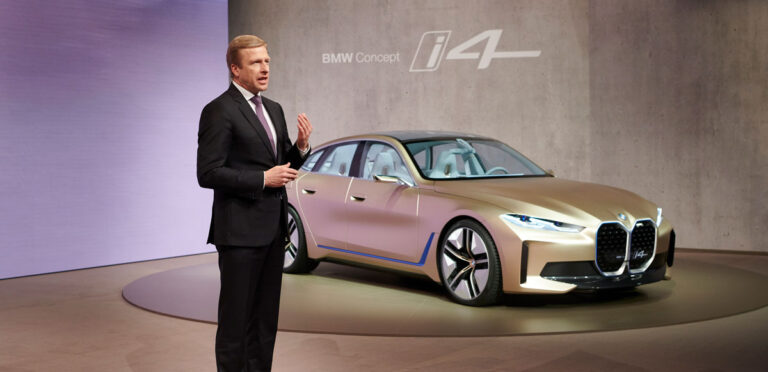BMW has set out plans to spend US$32bn by 2025 on future technologies that the company believes will help it reach new CO2 emission targets by systematically electrifying the model range.
Launched in 2017, the ‘Performance > Next’ program aims to produce vehicles that are capable of a greater efficiency, while maintaining strong operating performance. Since the beginning of 2020, BMW has been stockpiling the required resources such as cobalt and lithium to pass onto its suppliers of battery cells for future hybrid and electric vehicles.
The program aims to generate efficiency savings of US$13bn by the end of 2022, which BMW says will reduce the development times of new vehicle models by one-third. And 50% of traditional drivetrain variants will be dropped from the model range from 2021 onward, helping the company to transition further toward intelligent vehicle architectures and electrified drivetrains.
Already a manufacturer of electric and hybrid vehicles, BMW’s range is expected to expand throughout 2021, and by the end of the year the company intends to have over one million vehicles on the road that are either all-electric or have a hybrid drivetrain. By the close of 2021, the brand will offer five fully electrified production vehicles.
The BMW iX3 enters production this year at the Shenyang Plant, China, the iNext in Dingolfing, Germany, in 2021, and the i4 is set to be produced at the brand’s Munich facility. All these models will be equipped with fifth-generation electric drivetrain technology.
Oliver Zipse, chairman of the board of management for BMW, said, “New technologies are key to the future of mobility. Up to 2025, we intend to invest more than US$32bn in R&D to underscore our position as an innovation leader.”


